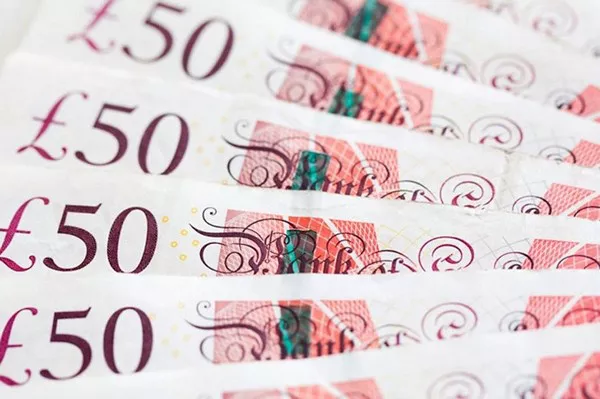What is the English pound worth today? Understanding the value of a currency is crucial for anyone who wants to trade or do business with countries that use a different monetary system. In this article, we will explore the current state of the English pound and what factors influence its value.
The current value of the English pound
As of June 5th, 2023, one British pound is equivalent to 1.38 US dollars. The exchange rate between two currencies is determined by the supply and demand for each currency in the global marketplace. The strength of a currency is determined by several factors, including interest rates, inflation, economic growth, and political stability.
In recent years, the English pound has experienced a lot of volatility due to various economic and political events such as Brexit, general elections, and changes in monetary policy. For example, during the Brexit referendum in 2016, the pound dropped to its lowest level in over 30 years, reaching just 1.20 USD per pound. However, after some initial instability, the pound has since recovered somewhat, albeit not back to pre-Brexit levels.
Factors that influence the value of the English pound
As mentioned earlier, several factors can affect a country’s currency value. Here are some of the key factors that have an impact on the English pound:
1. Economic performance: Economic growth is one of the most critical factors that determine the value of a currency. When a country’s economy is thriving, there is usually more demand for its currency, which drives up its value. On the other hand, when the economy is struggling, people tend to sell off their currency, leading to depreciation.
2. Interest rates: Interest rates can also affect a currency’s value. Generally, higher interest rates attract more foreign investment, which can drive up demand for the currency. Conversely, lower interest rates can cause investors to seek opportunities elsewhere, leading to a decrease in demand.
3. Inflation: Inflation is the rate at which the general level of prices for goods and services is rising. When inflation is high, the purchasing power of a currency decreases, leading to a decline in value.
4. Political stability: Political stability is another significant factor that affects a country’s currency value. Countries with stable political systems are generally seen as safer investments, which can increase demand for their currency. Conversely, political instability can lead to a decrease in demand, causing the currency to depreciate.
5. Trade balance: A country’s trade balance – the difference between its exports and imports – can also affect its currency value. If a country has a trade surplus (exports exceed imports), demand for its currency can increase. Conversely, if a country has a trade deficit (imports exceed exports), its currency may depreciate.
6. Market sentiment: Finally, market sentiment – the overall mood or feeling of traders and investors – can also influence currency values. For example, if there is a lot of optimism about a country’s economic prospects, demand for its currency may increase, driving up its value.
Conclusion
In conclusion, understanding the value of the English pound is essential for anyone who wants to trade or do business with the UK. The current value of the pound is influenced by a range of factors, including economic performance, interest rates, inflation, political stability, trade balance, and market sentiment. While these factors can be unpredictable and often subject to sudden changes, keeping an eye on them can help you make informed decisions about when to buy or sell pounds.


